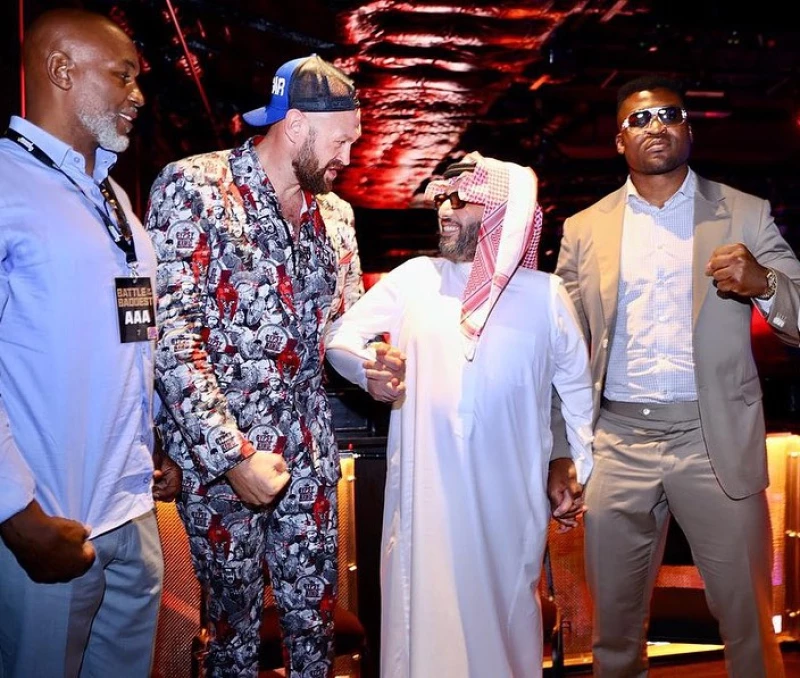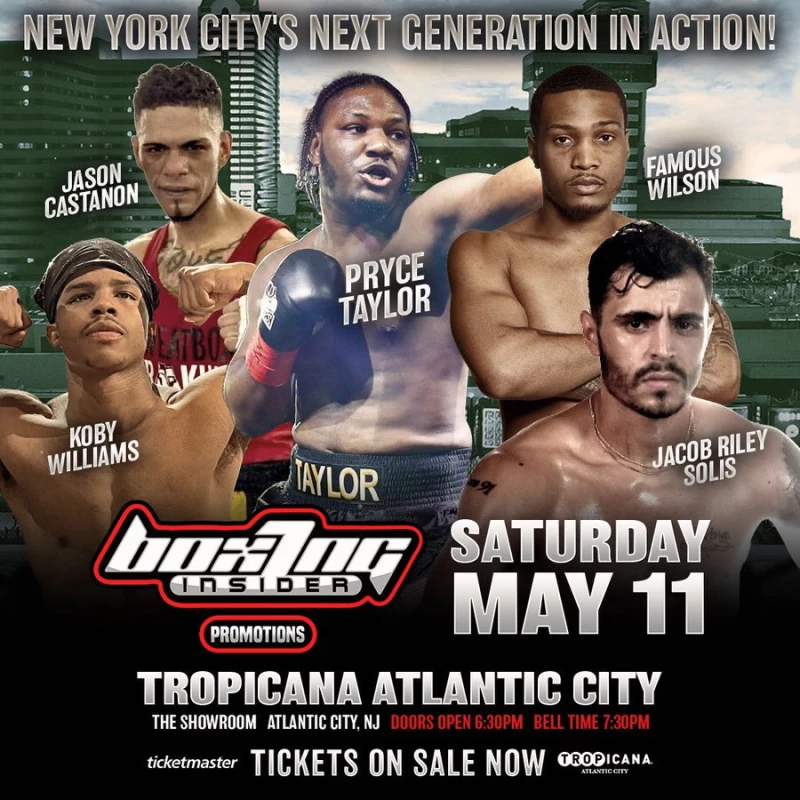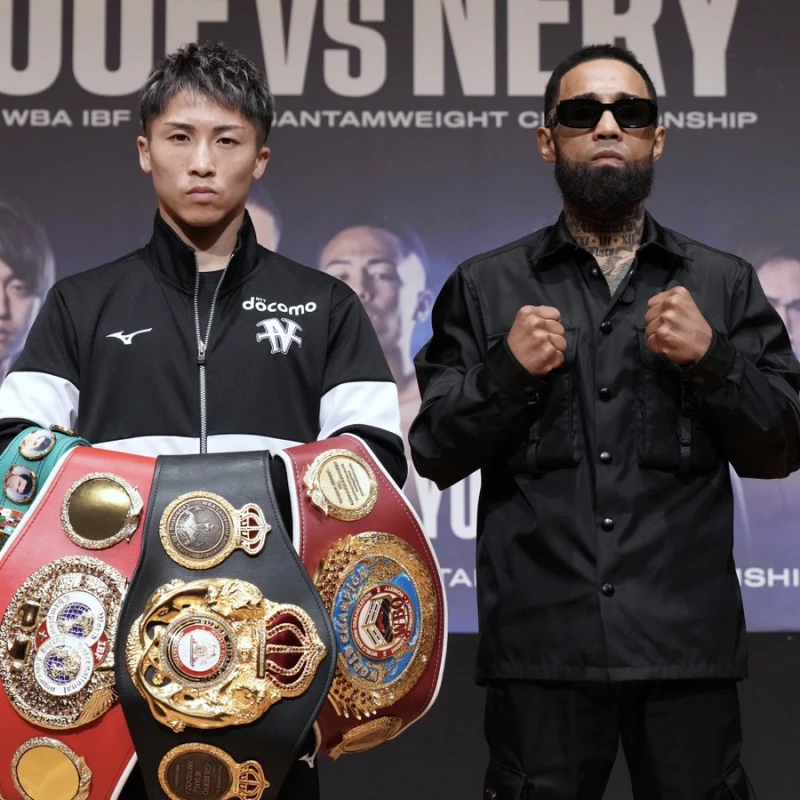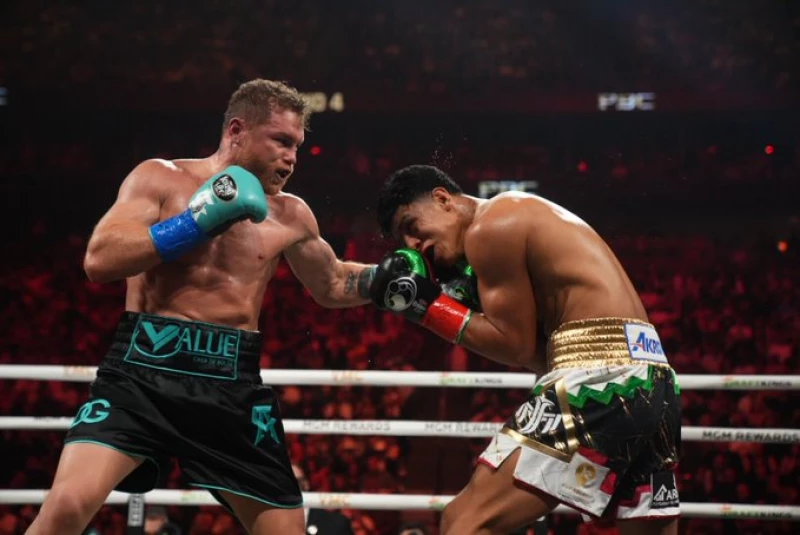Boxing Legends in Historic Fights
In June of 1980, boxing superstar “Sugar” Ray Leonard lost his WBC welterweight title belt in a stunningly impressive battle against the already legendary Roberto Duran. The fight, an instant classic, took place at Olympic Stadium in Montreal. Less than six months later, a much improved Leonard regained the WBC title from Duran when Duran suddenly and inexplicably quit in the eighth round of their highly anticipated rematch. That fight, one of the more notorious in the sport of boxing’s often notorious history, occurred at New Orleans’ Superdome.
However, Leonard’s next big victory – this time against fellow future legend Tommy Hearns -would take place in a more flashy location for a major fight – Caesar Palace’s in Las Vegas. The following year, WBC heavyweight champion Larry Holmes would stop popular contender Gerry Cooney in a Caesar’s Palace hosted bout that was so wildly hyped it actually made the cover of Time Magazine. By then, it was obvious to anyone with a sense of clarity that Las Vegas had become the home of major boxing.
It had all started just a short time earlier, when Holmes battled the way over the hill Muhammad Ali at Caesar’s Palace in October of 1980. Las Vegas had presented boxing for years, but not at such a level. For the next several decades, every major bout, with few exceptions (1988’s Mike Tyson-Michael Spinks fight being one) would go down in Las Vegas. Now, however, over forty years after the 1981 Leonard-Hearns battle, Las Vegas is facing a real challenge – and from the most unlikely of places – Saudi Arabia.
Indeed, two major heavyweight cards, one involving a plethora of big names, the other featuring a fight for the undisputed heavyweight championship of the world, were announced this past week to much fanfare. Both cards are being hosted by the Middle Eastern kingdom. The reason for this change? Why money, of course! Saudi Arabia has a seemingly endless supply.
It’s a financial and political winner for all involved. The Guardian’s Donald McRae writes of “the uplifting transformation of Saudi into a gleaming new state where sporting icons beam down at the changes they are apparently helping to spread.” Yet McRae isn’t a gullible man, and fight fans shouldn’t be gullible, either.
The Growing Influence of Saudi Arabia in Sports and Restrictive Policies
If the Saudi government has its way, the country will not only be known for top boxing cards, but also for its increasing influence in various sports. Following Anthony Joshua's world heavyweight title win in December 2019, the money-driven relationship between Saudi Arabia and sports has deepened. Golf, football, and even cricket are now being drawn into this relationship, with a proposed new Saudi league potentially threatening the Indian Premier League's billions.
However, the Saudi government's restrictive policies extend beyond the realm of sports. Public religious services are only allowed if they adhere to Sunni Islam, leaving no room for other religious practices. Homosexual rights are not recognized, and there are limitations on reading books and watching shows. Freedom of speech is permitted, but only if it aligns with government-approved narratives. It is clear that the Saudi government's worldview differs significantly from that of Western societies.
So what are fight fans to make of this? “Firstly, we understand the imperative of a boxer’s career, which is to make money,” McRae quotes Anonymous as saying. “We don’t tell anybody that they shouldn’t ply their trade in Saudi Arabia.” Still, Anonymous claims that if Fury (and no doubt others) could raise his “voice to counter the sportswashing narrative of the Saudi authorities (it) would be incredibly powerful.”
One doesn’t have to be a full throated supporter of Anonymous or any other organization to appreciate Anonymous's words. Boxing and other sporting contests in Saudi Arabia don’t have to be avoided or ignored…but fighters and even fans (to whatever extent they can) might also be able to use the opportunity to confront the injustice they know exists there.







